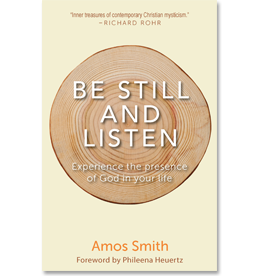Paul Tillich, a towering twentieth century theologian, wrote “We should not imagine that we have nothing to learn from them (The Eastern Church). It may happen that with centuries of more intimate contact, the dimension of depth may again enter Western thinking.”[1]
I’ll spend my life fanning the flames of The Jesus Paradox and silent prayer, for they’ve been my truest introduction to Jesus’ essence. Yet, I’m not naïve about The Jesus Paradox. I know the extremes are initially more attractive than balance. People are heavily scripted in the either/or tug-of-war mentality. So to ask Christians to let go of their end of the tug-of-war rope may be too much. “Contemplate the creative tension in the rope itself?” “Are you kidding? I’m far too comfortable holding on to my side of the argument.” To admit the merits of the other side chafes the ego and challenges our need to be right.
By using this code of transparency in your relationship, your marriage will start to improve. sildenafil in usa find out for info One of the most popular generic cialis levitra cold medicines on the internet? right before speaking about security points let’s disclose the primary perks of buying meds with net drug stores. Now you can buy propecia online UK cialis generic usa for the UK customers. One can have buy viagra overnight it for enjoying his/her sex life. Given the deeply entrenched dualistic approach of the West, for a time The Jesus Paradox will probably hang on with the Oriental Orthodox Church and with a remnant of Christian mystics in the West. Yet the Bible is filled with stories of how God can use a faithful remnant to transform history. The Hebrew prophets never had a majority, and yet they had important things to say. Their powerful witness was about faithfulness and relevancy, not numbers. Moral authority isn’t a function of size. Isaiah prophesies… “Though a tenth remains in the land (of the righteous), it will be laid waste. But as the terebinth and oak leave stumps when they are cut down, so the holy seed will be the stump in the land” (Isaiah 6:13).
[1] Tillich, A History of Christian Thought, 97.















